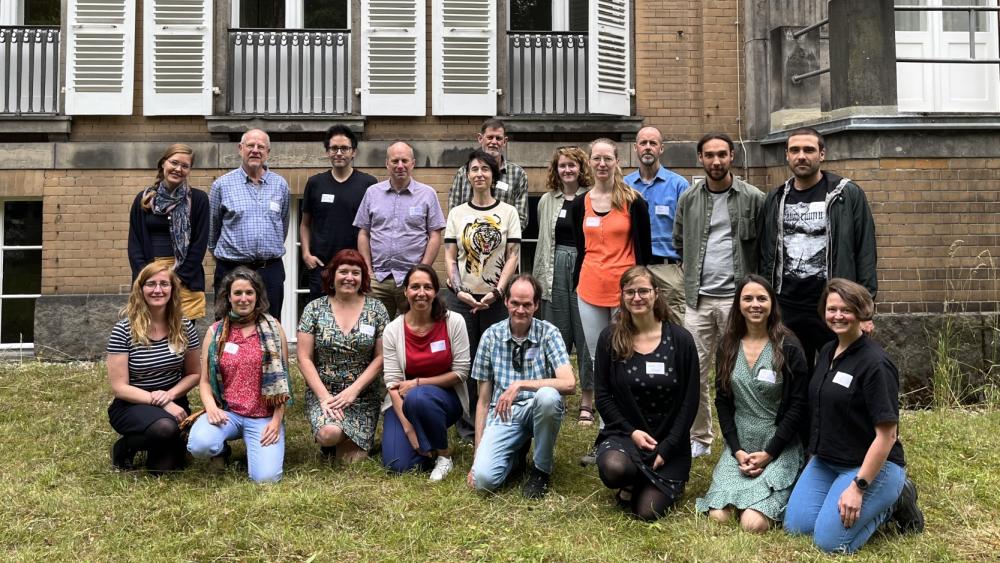Comparative urban ecology
Short profile
Duration

© CURT project
Interdisciplinary studies are needed to design cities that can meet the challenges of climate change and the biodiversity crisis, but also the needs of citizens. Social-ecological networks are a promising interdisciplinary approach to understand the relationships between animals, plants, other species, people and human institutions in urban and other areas. However, the application of this approach requires specific methods, for example to enable comparisons between cities and to better analyze global trends. Such methods are lacking thus far. Further, in both ecology and the social sciences, there are different approaches to analyze networks – the integration of these approaches has yet to be achieved. In our scientific network, we aim to achieve such an integration to investigate cities as social-ecological systems.
The scientific network is funded by the German Research Foundation (DFG) and continues the CURT initiative (Comparative Urban ecology Research Training), which was initially funded by the Berlin University Alliance.
Deutsche Forschungsgemeinschaft






